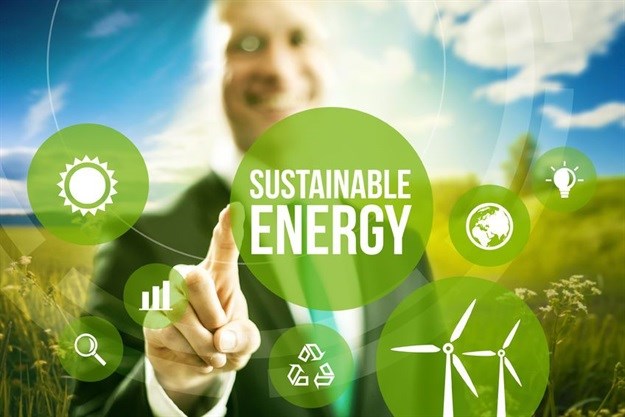The role of renewable energy in generating Africa's power was the topic of discussion in a panel at the TXF Africa Trade Finance Conference in Nairobi, Kenya, chaired by Frances Okosi, partner in the banking & finance practice group at Baker McKenzie. The event brought together senior participants in trade finance including development finance institution, electrical contractors associations, commercial banks, state-owned enterprises, corporate borrowers and developers.
The extent of the power deficit across Africa is well documented and increasing electricity generation across the continent is the focus of a number of initiatives at both national and supra-national level.
The African Development Bank's (AfDB) ‘New Deal on Energy for Africa’ has set as its target universal access to electricity across Africa by 2025. To achieve this target, the AfDB believes 160 GW of new on-grid generation and some 75 million new off-grid connections will be needed, through a mix of conventional and renewable energy sources.
“Our panel discussion focused on how much renewable energy can contribute towards meeting those goals,” explains Okosi. “We considered why renewable energy offers such promise across Africa. The abundance of renewables resources across Africa presents the most obvious and compelling answer. Africa boasts a wealth of opportunities across solar, wind, hydro and geothermal technologies. The continent has well over 10 TW of solar potential, 350 GW of hydroelectric potential, 110 GW of wind potential and an additional 15 GW of geothermal potential.
“In addition, renewable energy can play a big part in reducing the cost of power across Africa. Compared with the cost of small-scale and domestic kerosene or diesel-generated power, used widely across the continent, renewable energy can offer a cheaper alternative.”
The AfDB’s paper ‘The New Deal on Energy for Africa’ notes that a woman living in a village in northern Nigeria spends around 60 to 80 times per unit more for her energy than a resident of New York City or London. Even at scale, with the advances in renewable energy technologies, renewables are starting to compete with conventional energy sources from a pricing perspective.
“The speed and flexibility of off-grid renewable energy solutions was also noted as a major advantage. As an example, we discussed the development of ‘pay as you go’ renewable energy generation for domestic use and SMEs across the continent: small solar powered units can ‘leased’, even with top-ups paid for using a mobile phone. The entry-level units generate enough power to charge mobile phones and provide basic lighting.
“It is acknowledged that in many instances renewable energy may not currently be able to fully meet base load requirements. However, significant advancements are being made in technologies, particularly around increasing renewables storage capacity, and in ‘smart grids’ capable of adjusting generation capacity from multiple sources as the need arises.
“Despite these challenges, our conclusion was that renewable energy will have a major role to play in meeting Africa’s power deficit,” concludes Okosi.




























